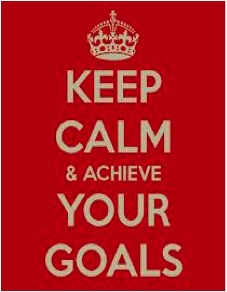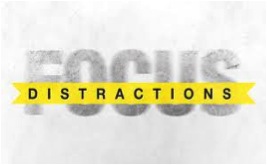Three Reasons Why Planning Fails
Last week we talked about setting great goals. But goal-setting is only a first step. Now you need to plan how to achieve them. Here are three reasons why planning often fails:
1. Insufficient Inputs
It’s easy to get excited about making things happen. But before you rush through the planning to start doing, best to think through what inputs you need so your doing makes sense. Customer, supplier, employee and/or peer insights might be helpful in developing a great plan. Also, don’t forget to access hard data whenever possible.
2. The Plan lacks Structure
Too many so-called plans look like a wish list: implement new CRM, open new location, release new product. That’s not a plan. A plan needs structure. It needs to identify not just the desired outcomes but milestones, timelines, individual responsibilities and resource requirements.
3. Culture is Overlooked
There is the technical side of change and the people side of change. We typically plan for the technical side, yet fail because of the people side. Both are necessary, neither is sufficient. Planning smart means planning for both.
Goals without plans are a dream. Goals with plans are a dream with a roadmap.
Your thoughts?
Michael












